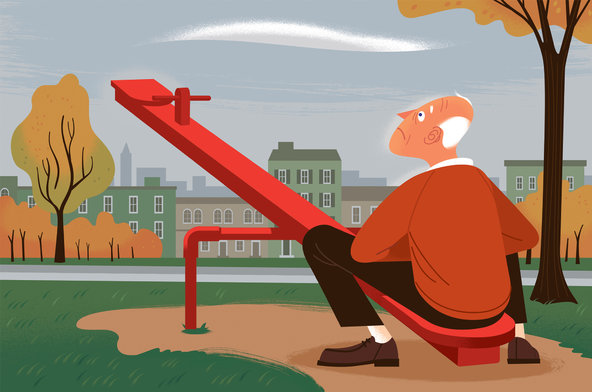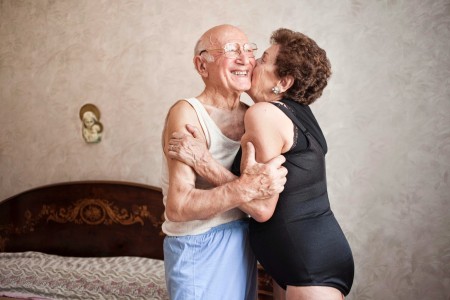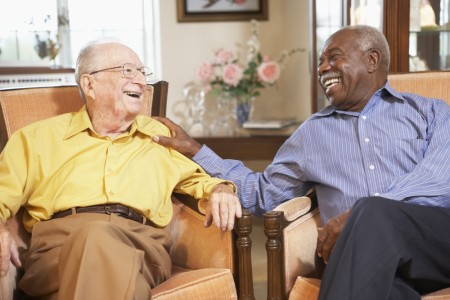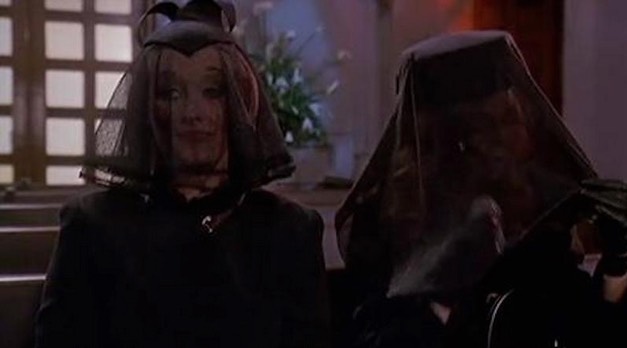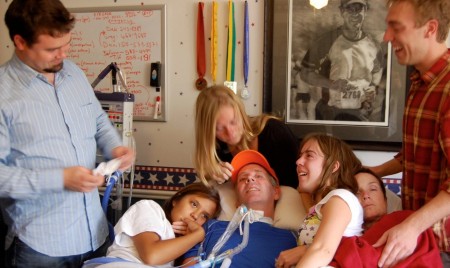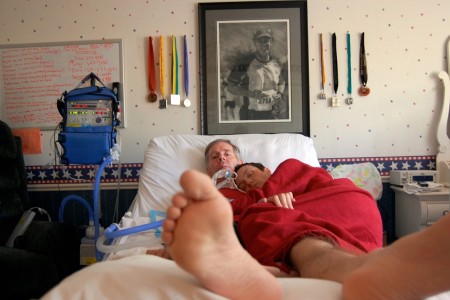By JANE E. BRODY
Christopher Beemer, a 75-year-old Brooklynite, is impressed with how well his wife, Carol, maintains friendships with other women and wonders why this valuable benefit to health and longevity “doesn’t come so easily to men.”
Among various studies linking friendships to well-being in one’s later years, the 2005 Australian Longitudinal Study of Aging found that family relationships had little if any impact on longevity, but friendships increased life expectancy by as much as 22 percent.
Mr. Beemer urged me to explore ways to promote male friendships, especially for retired men who often lose regular contact with colleagues who may have similar interests and experiences.
After Marla Paul, a Chicago-area writer, wrote a book, “The Friendship Crisis: Finding, Making, and Keeping Friends When You’re Not a Kid Anymore,” about establishing meaningful friendships with other women, she was inundated with requests from men to give equal treatment to male friendships.
“A lot of men were upset because I didn’t include them,” Ms. Paul told me. “They felt that making and keeping friends was a lot harder for men, that close friendships were not part of their culture. They pointed out that women have all kinds of clubs, that there’s more cultural support for friendships among women than there is for men.”
In a study in the 1980s about the effect on marriage of child care arrangements, two Boston-area psychiatrists, Dr. Jacqueline Olds and Dr. Richard Stanton Schwartz, found that, “almost to a man, the men were so caught up in working, building their careers and being more involved with their children than their own fathers had been, something had to give,” Dr. Schwartz said. “And what gave was connection with male friends. Their lives just didn’t allow time for friendships.”
In their book, “The Lonely American: Drifting Apart in the Twenty-First Century,” the doctors, who are a husband-and-wife team, noted a current tendency for men to foster stronger, more intimate marriages at the expense of nearly all other social connections.
When these men are older and work no longer defines their social contacts, “there’s a lot of rebuilding that has to be done” if they are to have meaningful friendships with other men, Dr. Schwartz said in an interview.
From childhood on, Dr. Olds said, “men’s friendships are more often based on mutual activities like sports and work rather than what’s happening to them psychologically. Women are taught to draw one another out; men are not.”
Consciously or otherwise, many men believe that talking about personal matters with other men is not manly. The result is often less intimate, more casual friendships between men, making the connections more tenuous and harder to sustain.
Dr. Olds said, “I have a number of men in my practice who feel bad about having lost touch with old friends. Yet it turns out men are delighted when an old friend reaches out to revive the relationship. Men might need a stronger signal than women do to reconnect. It may not be enough to send an email to an old friend. It may be better to invite him to visit.”
Some married men consider their wives to be their best friend, and many depend on their wives to establish and maintain the couple’s social connections, which can all but disappear when a couple divorces or the wife dies.
Differences between male and female friendships start at an early age. Observing how his four young granddaughters interact socially, Mr. Beemer said, “They have way more of that kind of activity than boys have. It may explain why as adults they continue to do a much better job of it.”
In defense of his gender, he observed, “Men have a harder time reaching their emotions and are less likely than women to reveal their emotional side. But when you have a real friendship, it’s because you’ve done just that.”
He has found that “it’s important to expose yourself and be honest about what’s going on. If you reveal yourself in the right way to the right person, it will be just fine. There are risks, you can’t force it. Sometimes it doesn’t work — you get a don’t-burden-me-with-that kind of response and you know to back off. But more often men will respond in kind.”
Mr. Beemer has worked hard to establish and maintain valuable relationships with other men of a similar vintage. He joined a men’s book group that meets monthly, and after about two years, he said, “it became a group where the members really mean something to one another.”
He’s also in a men’s walking group that meets three times a week and gathers after each walk to share more conversation and a snack at a local cafe. When one member of the group had a heart attack, they visited him, cheering him up with the latest gossip and a favorite cafe snack.
“What sustains relationships over time is a regular rhythm of seeing each other,” Dr. Schwartz said. “It’s best to build a regular pattern of activities rather than having to make a special effort to see one another.”
He recalls “curing” a 70-year-old patient of his loneliness by encouraging him to join a bunch of guys who regularly dined and joked around at a neighborhood Panera Bread. “There are a lot of cafes in the Boston area where small groups of older men get together for breakfast everyday,” Dr. Schwartz said.
Dr. Olds said of her husband, “Richard has a regular group phone call with friends who live in different parts of the country. We program it into our schedule or it would disappear.”
Among other ways men can make new friends in their later years are participating in classes, activities, trips and meals at senior centers; taking continuing education courses at a local college; joining a gym or Y and taking classes with people you then see every week; volunteering at a local museum, hospital, school or animal shelter; attending worship services at a religious center; forming a group that plays cards or board games together; perhaps even getting a dog to walk in the neighborhood.
After my dentist’s wife died, he made several new friends and enjoyed lovely dinners with other men when he joined a group called Romeo, an acronym for retired old men eating out.
Complete Article HERE!

